Brexit turmoil: Small businesses 'fed up with the whole thing'
- Published
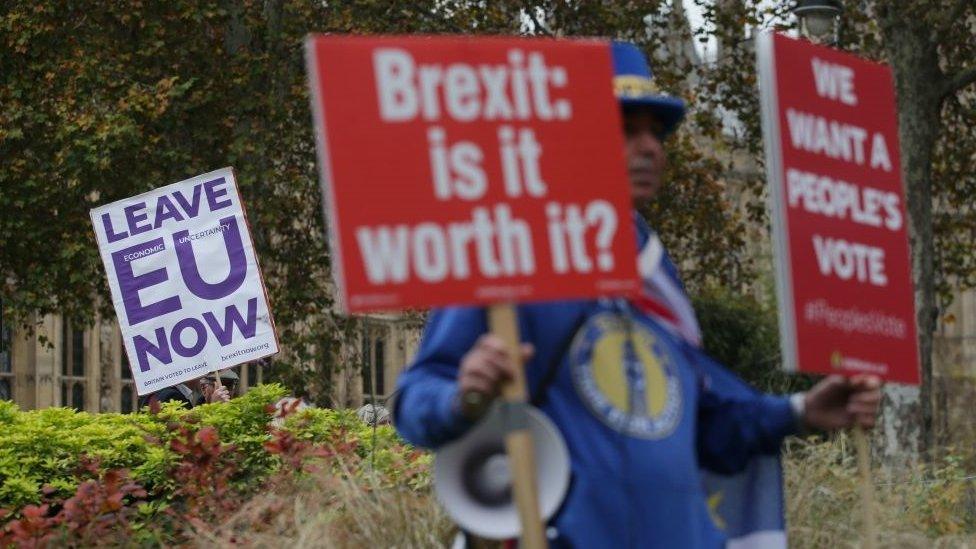
It's hard enough to run a small business at the best of times. But the Brexit talks are adding an extra level of stress for many entrepreneurs.
During the run-up to the referendum in June 2016, the BBC spoke to dozens of small business owners about the prospect of the UK leaving the European Union.
Almost two and a half years later, we got back in touch, to find out what they make of the show so far and the prime minister's draft Brexit agreement.
'Really fed up with the whole thing'
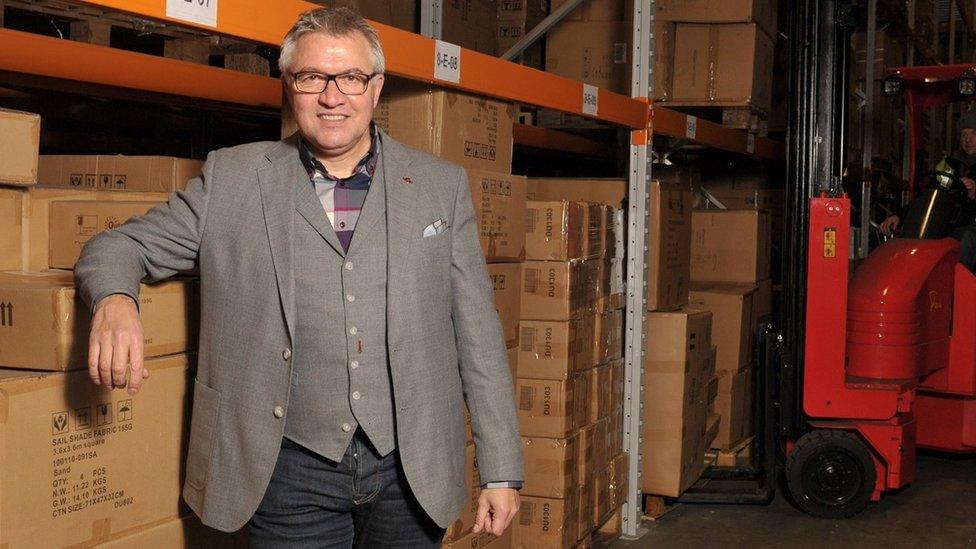
Stephen Britt's firm, Anchor Storage, organises warehousing and distribution for other companies. His Suffolk-based business employs 19 people.
Mr Britt voted to leave the European Union, but has become unhappy about the way the talks have been handled. "I'm getting increasingly sick and tired of the paucity of ambition of our Whitehall civil servants and the supine politicians who are in charge of them.
"I'm just really fed up with the whole thing, at how inadequate we've all been, in what should have been a relatively sensible, level-headed negotiation."
But despite his frustration, he would vote to leave again. The talks have proved, in his opinion, that the European Union is a "protectionist organisation" not interested in "making globalism work".
'Political carnage but business as usual'
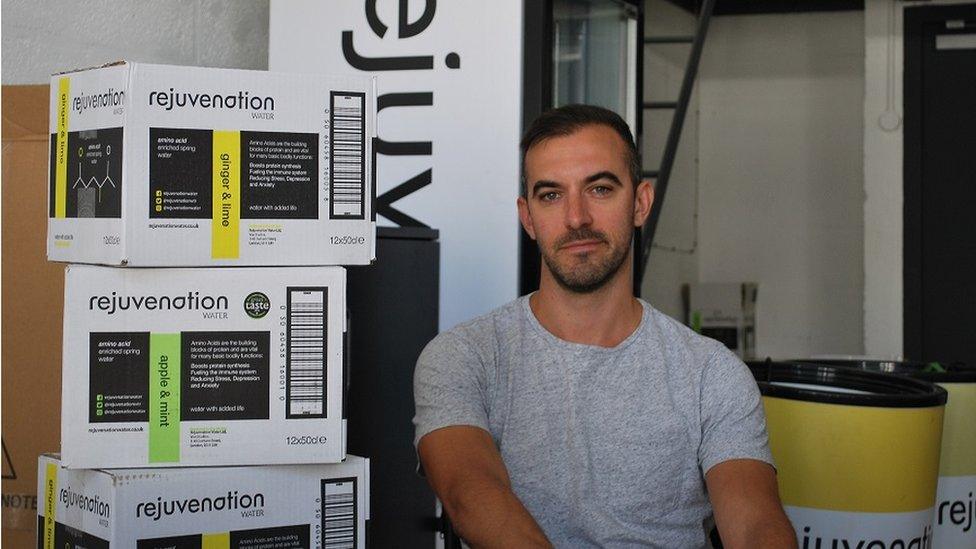
Kris Ingham is the founder and chief executive of Rejuvenation, a health drinks business. The London-based firm employs four people.
Kris, who voted to remain, says of the current situation: "It's carnage, but carnage from a political sense more than anything else.
"From a business perspective I still hold the same view, it's business as usual."
His company is planning to expand into Europe. "I'm more than happy to be involved in Europe, to have production in Europe and sales in Europe."
He always suspected the European Union would not make it easy for the UK to leave. "They kind of have to make this as protracted as possible to put off other nations doing this as well."
'Knowing what I know now...'
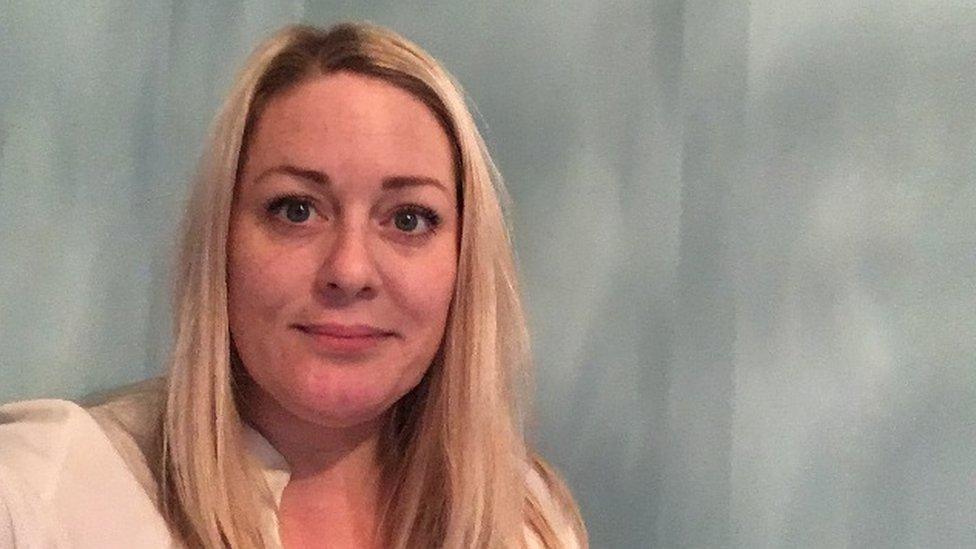
Shelley Lloyd's business sells staff relocation services. It was recently sold to a bigger organisation and is now called Celsium Powered by Brunel.
She voted to leave, but is having second thoughts. "Knowing what I know now, perhaps I would have voted to remain."
She thinks the negotiations have been managed badly and communication from the government has been poor.
"The government has repeatedly given the general public misinformation," she says.
Currently, she is helping clients work out how much extra it will cost after Brexit to keep EU nationals working in the UK, and UK workers in the European Union.
'There was a will on both sides'

Ed Salt is managing director of dairy products firm Delamere Dairy. The Cheshire-based business employs 23 staff.
Mr Salt, who voted to remain, just laughs when asked what he makes of the current situation.
"We're still very hopeful of a deal going through," he says.
"A significant proportion of business owners and politicians really want to get a soft Brexit, rather than a hard Brexit and I think there was a will on both sides of the fence in Europe and the UK, but how we actually get there is unknown."
He has been making preparations in case a deal is not reached, including checking contracts, hedging against possible currency moves and perhaps switching some production to the European Union, so he can supply his clients there.
But his company has been unable to get extra warehousing space. "It's already pre-booked by people stockpiling," he says.
'Go backwards to go forwards'
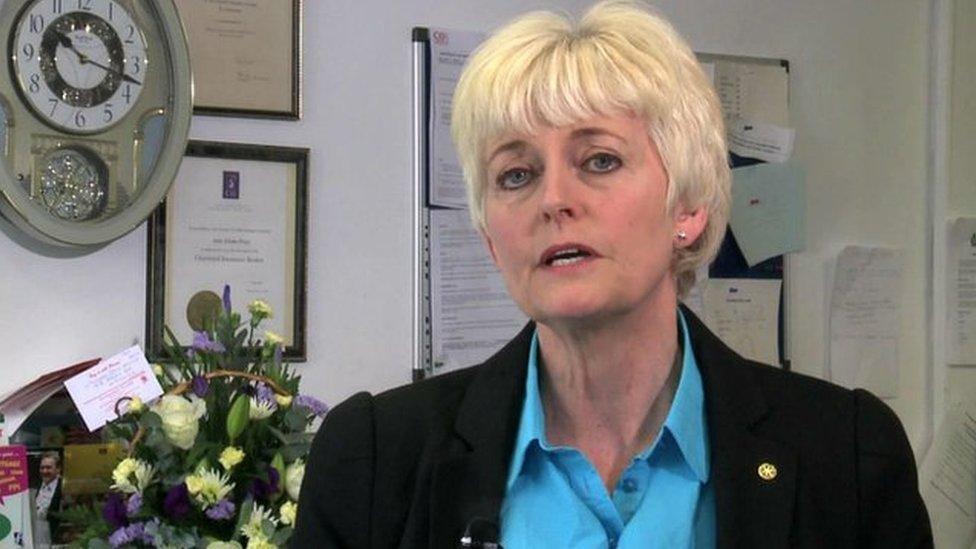
Julie Price has been running her own insurance business, Julie Price & Co, for 30 years. The Hinkley-based firm employs five staff.
The Leave supporter expected negotiations to be difficult. "When you're negotiating anything you have to go backwards to go forwards."
She does not regret voting to leave, saying the European Union has "massive problems".
"When you've got 27 or 28 countries how are you all going to agree on something? It takes ages. Have you ever tried [to organise] a committee of over 10 people? You get nothing done," she says.
She is not worried by a hard Brexit, saying it won't be as bad as the 2008 financial crisis. "When the banks had that big wobble, that was massive."
'It seems to be ever worse'
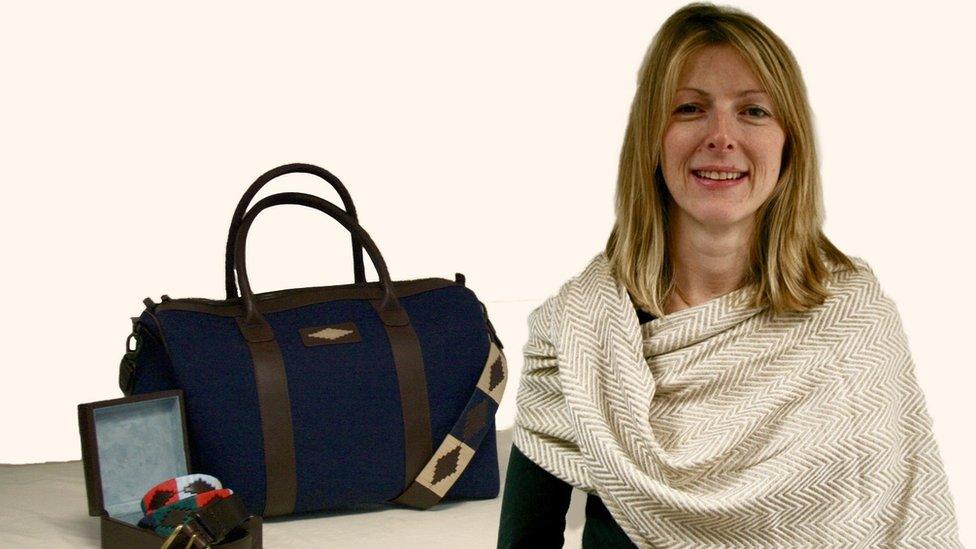
Jennifer Brown runs her own luxury accessories business, Pampeano. The Oxford-based company has seven employees.
Ms Brown, who voted to remain, says about the latest turmoil: "It's very disappointing. There's still no clarity and it seems to be ever worse."
All of her raw materials are priced in dollars, so the weakness of the pound since the referendum has cut her profits by 30%.
"I had hopes earlier this week that there would be a definitive bounce in the pound, but no. It's still not happening. We seem to be in even more of a mess."
However, she is "delighted" that Theresa May's deal plans to keep the UK in a customs union in the short term, which is "essential" for her business.